Educate, Agitate, Organize! Teacher Resistance Against Neoliberal Reforms
Call for Papers
Guest Editors:
Mark Stern, Colgate University
Amy Brown, University of Pennsylvania
Khuram Hussain, Hobart and William Smith Colleges
I can tell you with confidence, one year later [from the Measure of Progress test boycott in Seattle schools], I know where our actions will lead: to the formation of a truly mass civil rights movement composed of parents, teachers, educational support staff, students, administrators, and community members who want to end high-stakes standardized testing and reclaim public education from corporate reformers.—Jesse Hagopian, History Teacher and Black Student Union Adviser at Garfield High School, Seattle
As many of us have documented in our scholarly work, the past five years have witnessed a full-fledged attack on public school teachers and their unions. With backing from Wall Street and venture philanthropists, the public imaginary has been saturated with images and rhetoric decrying teachers as the impediments to ‘real’ change in K-12 education. Docu-dramas like Waiting For ‘Superman,’ news stories like Steve Brill’s, “The Teachers’ Unions’ Last Stand,” in The New York Times Magazineand high profile rhetoric like Michelle Rhee’s mantra that students, not adults, need to be “put first” in education reform, all point to this reality: teachers face an orchestrated, billion dollar assault on their professional status, their knowledge, and their abilities to facilitate dialogical spaces in classrooms. This assault has materialized and been compounded by an austerity environment that is characterized by waning federal support and a narrow corporate agenda. Tens of thousands of teachers have suffered job loss, while thousands more fear the same.
Far from being silent, teachers are putting up a fight. From the strike in Chicago, to grassroots mobilizing to wrest control of the United Federation of Teachers in New York, to public messaging campaigns in Philadelphia, from boycotts in Seattle to job action and strikes in British Columbia, teachers and their local allies are organizing, agitating and confronting school reform in the name of saving public education. In collaboration with parents, community activists, school staff, students, and administrators, teacher are naming various structures of oppression and working to reclaim the conversation and restore a sense of self-determination to their personal, professional, and civic lives.
This special issue of Workplace calls for proposals to document the resistance of teachers in the United States, Canada, and globally. Though much has been written about the plight of teachers under neoliberal draconianism, the reparative scholarship on teachers’ educating, organizing, and agitating is less abundant. This special issue is solely dedicated to mapping instances of resistance in hopes of serving as both resource and inspiration for the growing movement.
This issue will have three sections, with three different formats for scholarship/media. Examples might include:
I. Critical Research Papers (4000-6000 words)
- Qualitative/ethnographic work documenting the process of teachers coming to critical consciousness.
- Critical historiographies linking trajectories of political activism of teachers/unions across time and place.
- Documenting and theorizing teacher praxis—protests, community education campaigns, critical agency in the classroom.
- Critical examinations of how teachers, in specific locales, are drawing on and enacting critical theories of resistance (Feminist, Politics of Love/Caring/Cariño, Black Radical Traditions, Mother’s Movements, and so on).
II. Portraits of Resistance
- Autobiographical sketches from the ground. (~2000 words)
- Alternative/Artistic representations/Documentations of Refusal (poetry, visual art, photography, soundscapes)
III. Analysis and Synthesis of Various Media
- Critical book, blog, art, periodical, music, movie reviews. (1500-2000 words)
400-word abstracts should be sent to Mark Stern (mstern@colgate.edu) by May 15, 2014. Please include name, affiliation, and a very brief (3-4 sentences) professional biography.
Notifications of acceptance will be sent out by June 15. Final drafts will be due October 1, 2014. Please note that having your proposal accepted does not guarantee publication. All final drafts will go through peer-review process. Authors will be notified of acceptance for publication by November 1.
Please direct all questions to Mark Stern (mstern@colgate.edu).

 Follow
Follow
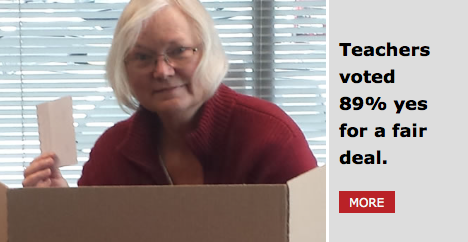
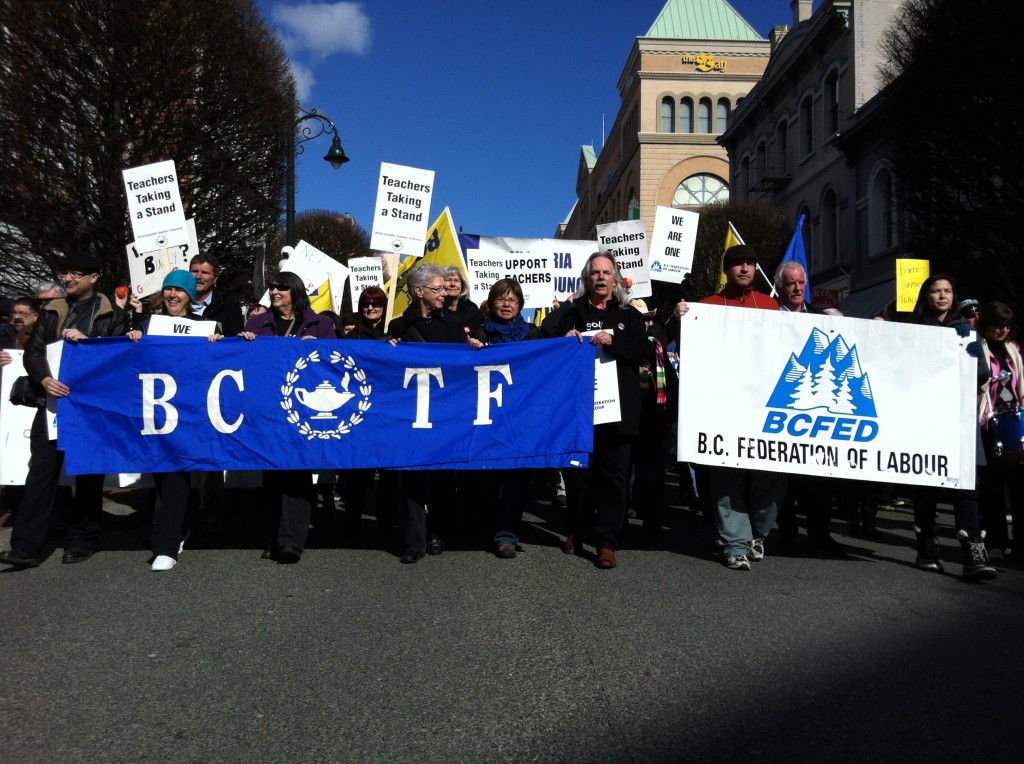
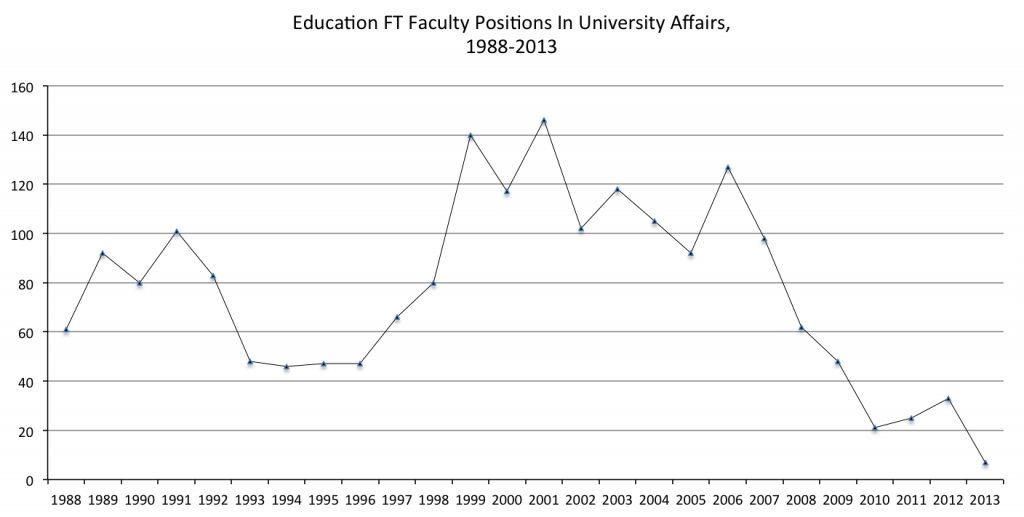
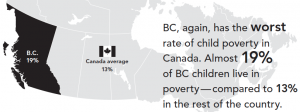
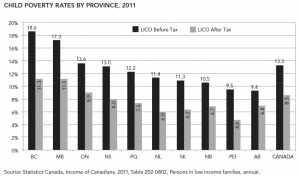
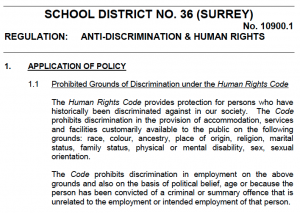
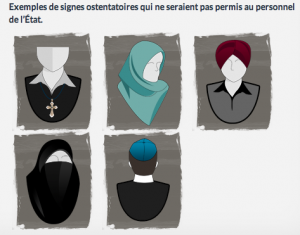
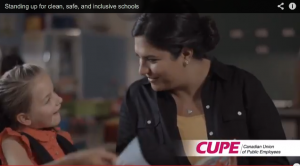
Equity, Governance, Economics and Critical University Studies #criticaled #edstudies #ubc #ubced #bced #yteubc
Workplace: A Journal for Academic Labor
Equity, Governance, Economics and Critical University Studies
No 23 (2014)
As we state in our Commentary, “This Issue marks a couple of milestones and crossroads for Workplace. We are celebrating fifteen years of dynamic, insightful, if not inciting, critical university studies (CUS). Perhaps more than anything, and perhaps closer to the ground than any CUS publication of this era, Workplace documents changes, crossroads, and the hard won struggles to maintain academic dignity, freedom, justice, and integrity in this volatile occupation we call higher education.” Workplace and Critical Education are published by the Institute for Critical Education Studies (ICES).
Commentary
Articles
Leave a comment
Posted in AAUP, Academic freedom, Adjuncts, Administration, BC Education, Commentary, Critical Education, Critical University Studies, Environment, Equity, Ethics, Governance, Government, Organizing, Research, Student Movement, Student Speech, Students, Working condition
Tagged Academic freedom, BC education, Budgets & Funding, Critical Education, Equity, Ethics, Government, Publishing, Students, Working conditions, Workplace Journal